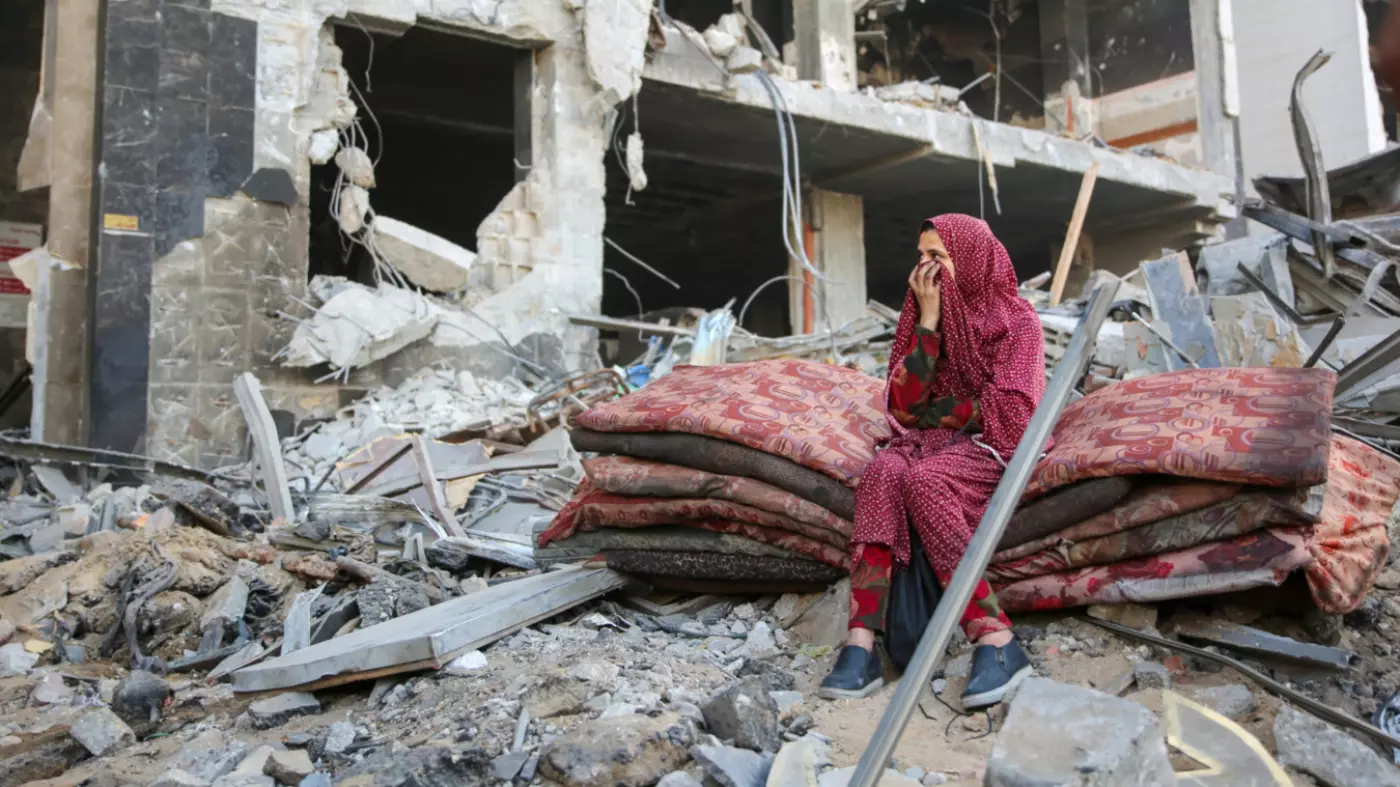The following is a statement from the Israeli peace group Gush Shalom:
In January, South Africa appealed to the International Court of Justice (ICJ) and charged Israel with state-led acts of Genocide in the Gaza Strip.
The court ordered Israel to refrain from any acts that could fall under the Genocide Convention and to ensure its troops commit no acts which might lead to Genocide. However, this did not stop Israel from continuing military operations which caused further mass loss of Palestinians civilian lives, and from placing severe restrictions on the entry of humanitarian aid.
International agencies reported with alarm the increasing signs of spreading famine in the Gaza Strip, and noted that this was no natural disaster – it is an entirely man-made disaster, caused directly by Israel, its armed forces and its government.
In March the United States – which vetoed several previous ceasefire calls – abstained in the UN Security Council, thus facilitating the adoption of a resolution calling for a ceasefire in Gaza. However, the US tried to minimise the impact of this resolution by stating that it is “not binding”. Other members of the Security Council responded that all Security Council resolutions are binding by definition, and that there is no requirement to explicitly refer to Chapter VII of the UN Charter for a resolution to be binding.
According to that Chapter VII, entitled “Action with Respect to Threats to the Peace, Breaches of the Peace, and Acts of Aggression”, should a country fail to comply with a Security Council resolution, the Security Council may call upon the Members of the United Nations to apply such measures as “complete or partial interruption of economic relations and of rail, sea, air, postal, telegraphic, radio, and other means of communication, and the severance of diplomatic relations”. It goes without saying that this would also include a call on all UN member states to cease any supply of weapons and munitions. Should the recalcitrant state continue its defiance, the Security Council may resort to even more severe sanctions.
In the days since the Security Council adopted the ceasefire resolution, the Government of Israel made crystal clear that it has no intention whatsoever to comply. This was expressed in militant statements by Prime Minister Netanyahu, his ministers and senior military officers, and also in continuing large scale military operations in the Gaza Strip and in continuing preparations for a mass invasion of the city of Rafah – despite warnings that such an invasion might cause a terrible death toll among a million and half displaced Palestinians living there under deplorable conditions.
This conduct by the Government of Israel fully justifies and indeed requires the Security Council to go further and use – or at least threaten to use – the above measures placed at its disposal by the UN Charter.
Therefore we, citizens of Israel, are calling on your government to initiate a further meeting of the Security Council, aiming to pass a resolution which would set effective sanctions on Israel – in order to bring about an immediate ceasefire in the Gaza Strip until the end of Ramadan and beyond it.
It should be noted that in November 1990, the Security Council adopted Resolution 678, calling upon Iraq to withdraw its forces from Kuwait and setting a specific date – January 15, 1991 – by which Iraq had to comply or face severe sanctions. At the time, there were in the international media some allegations of atrocities committed by Iraqi troops in Kuwait – but these pale into insignificance compared with the proven reports of what Israeli troops did and continue to do in the Gaza Strip.
Of course, that was under completely different circumstances, when the United States was eager to launch its own war and rain death and destruction on Iraq. Still, an important precedent was created in 1990 of how, under International Law, a state which defies Security Council resolutions can be dealt with. In the very different circumstances of the present, it is highly necessary for the Security Council to repeat what it did in 1990 and set a definite date by which Israel must comply and implement a complete and lasting ceasefire in the Gaza Strip.

